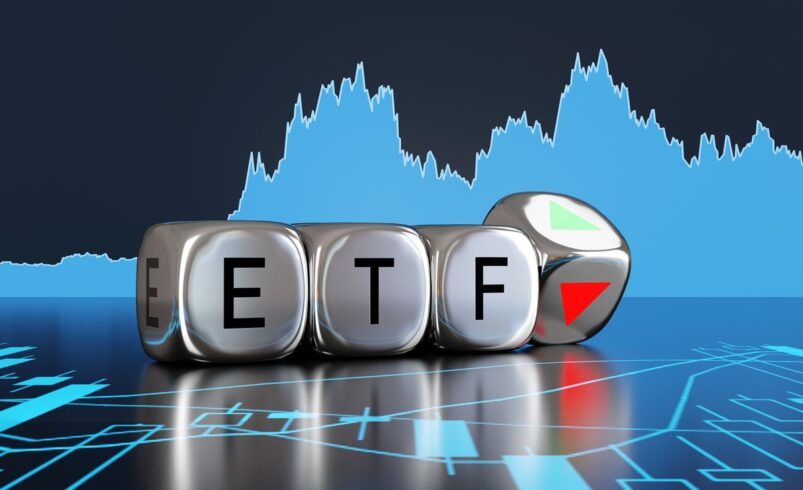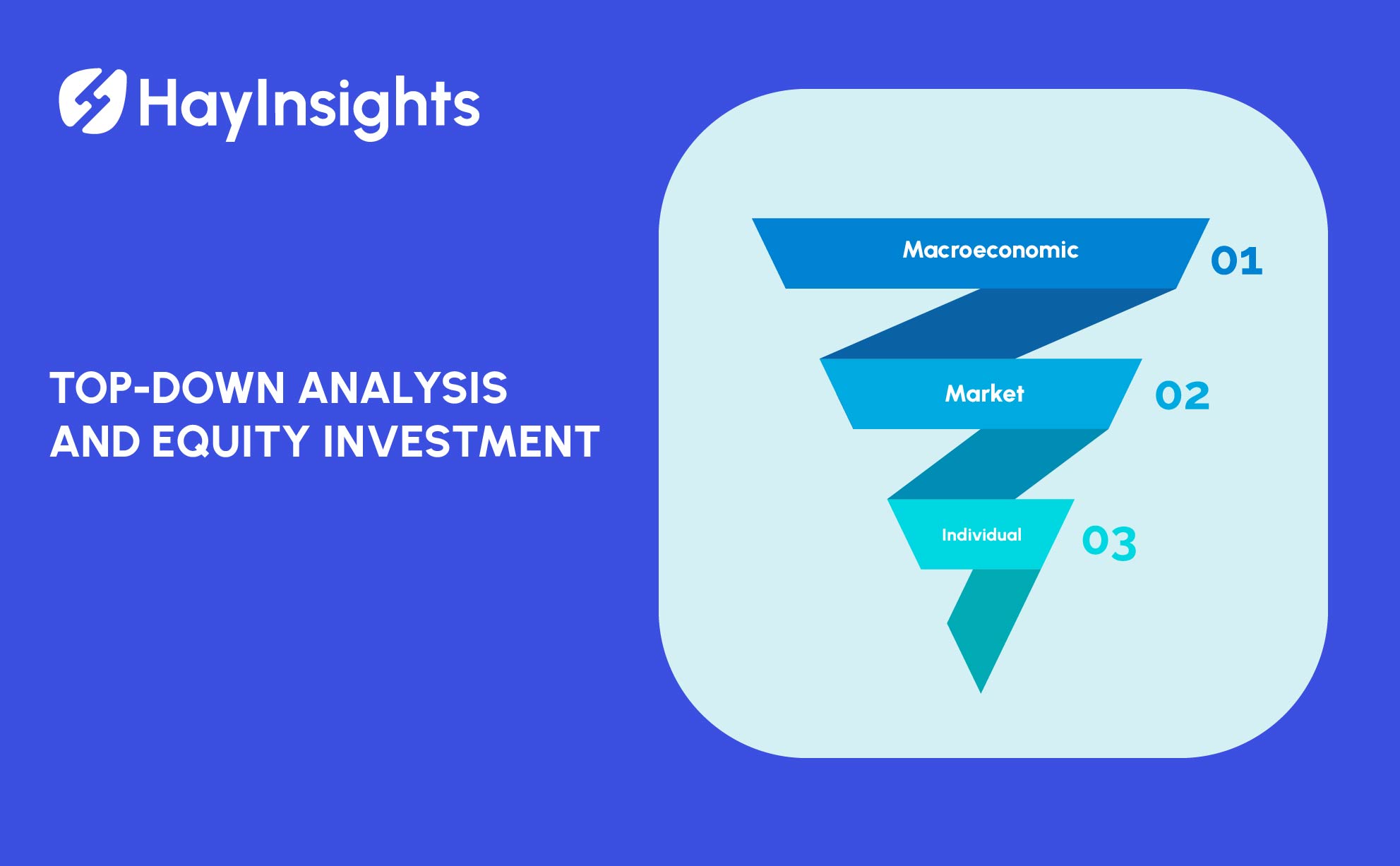
個人投資家のための日本株指標マスター 2024
導入
日本の株式市場をうまく利用することは、特にそのニュアンスに詳しくない個人投資家にとっては、複雑な作業になる可能性があります。世界最大の金融市場の一つである日本の株式市場は、独自の機会とリスクを提供しています。重要な経済指標、感情指標、技術指標を把握することで、投資家はより情報に基づいた意思決定を行い、リターンを最大化できる可能性があります。この記事では、日本の株式市場にアプローチする際にすべての個人投資家が理解すべき重要な側面について詳しく説明します。
日本の金融市場 日本の株式市場
日本は、米国と中国に次ぐ世界第 3 位の株式市場を誇っています。東京証券取引所 (TSE) は、さまざまな指数と数千の上場企業を擁する日本の主要な証券取引所です。日本の市場は、テクノロジーから自動車、金融、消費財まで、さまざまな分野にまたがる多様性で知られています。日経 225 や TOPIX (東証株価指数) などの主要指数はベンチマークとして機能し、より広範な市場パフォーマンスに関する洞察を提供します。
日本の市場は、日本の経済状況、政府の政策、世界貿易の動向、投資家の感情の影響も反映しています。これらの複雑さを考慮すると、株価と市場全体のパフォーマンスを左右する要因を理解することが不可欠です。
主要指標を理解することの重要性
個人投資家にとって、主要な株式市場指標を理解することは、潜在的なトレンドを予測し、リスクを軽減し、収益性の高い機会を特定する上で非常に重要です。マクロ経済統計から市場感情の指標まで、これらの指標は、適切な投資判断を行うために不可欠なツールです。これらの指標を把握することで、投資家は経済の健全性を評価し、市場の動きを予測し、投資戦略を微調整することができます。
主要経済指標
経済指標は日本経済全体の健全性を示す指標であり、株式市場に大きな影響を与えます。以下は、個人投資家が注意深く監視すべき重要な経済指標です。
このタイプのデータには、国内総生産(GDP)などの指標が含まれます。
国内総生産(GDP)は、国内で生産された商品とサービスの合計価値を表します。日本では、GDP の堅調な成長率は、経済の健全性と事業拡大の兆候となるため、株価の堅調さと相関関係にあることが多いです。縮小期は景気後退の兆候となり、慎重な投資行動につながる可能性があるため、投資家は日本の四半期および年次 GDP レポートを追跡する必要があります。
失業率
失業率は労働市場の健全性のバロメーターとして機能します。失業率が低いということは、より多くの人々が雇用され経済に貢献していることを示しており、多くの日本企業にとって重要な原動力である個人消費を押し上げることができます。逆に、失業率が上昇すると、経済的な課題を示唆し、株式市場の弱気な感情につながる可能性があります。
インフレ率
インフレは、商品やサービスの一般的な価格水準が上昇する率を測るものです。歴史的にインフレ率が低いことで知られる日本は、デフレなど、特有の経済課題に直面しています。インフレが急上昇すると、消費者の購買力に影響を及ぼし、特に国内消費に依存するセクターの株価に影響を及ぼす可能性があります。個人投資家は、市場の変動を予測するためにインフレ傾向を監視する必要があります。
消費者信頼感指数
消費者信頼感指数 (CCI) は、消費者が将来の経済についてどの程度楽観的または悲観的であるかを測る指標です。消費者信頼感が高い場合、個人はより多く支出する可能性が高く、企業収益と株価を押し上げることができます。対照的に、消費者信頼感の低下は、消費者支出の減少と株式市場のパフォーマンスの低迷の前兆となる可能性があります。
株式市場指数
株式市場指数は、市場または特定のセグメントのパフォーマンスのスナップショットを提供します。日本の株式市場には、個人投資家が知っておくべきいくつかの重要な指数があります。
日経平均株価は好不調に推移しました。
日経平均株価は、東京証券取引所に上場している優良企業上位 225 社を表す、日本で最も有名な株価指数です。トヨタ、ソニー、ソフトバンクなどの大企業を中心に、日本経済のバロメーターとして機能します。価格加重指数である日経平均株価の動きは、投資家に市場全体の方向性に関する洞察を提供します。
TOPIX(東証株価指数)
TOPIX は日経平均株価とは異なり、時価総額加重平均指数であるため、大企業ほどその動きに影響力を持ちます。東証一部に上場しているすべての企業が含まれており、日本市場全体をより広い視点で見ることができます。TOPIX を監視することで、個人投資家は市場の全体的な健全性とパフォーマンスを理解するのに役立ちます。
JPX日経インデックス400
JPX日経インデックス400は比較的新しいものですが、非常に重要な指数です。自己資本利益率(ROE)の高い企業で構成され、ガバナンス基準と株主フレンドリーさを重視しています。この指数は、健全な財務管理と長期的な収益性を備えた企業に重点を置く投資家に最適です。
市場センチメント指標
市場センチメント指標は投資家の気分を測り、それが短期的な市場動向を左右することが多い。センチメントを理解することで、個人投資家は株価の潜在的な変動を予測できる。
市場ボラティリティ指数 (VIX)
市場ボラティリティ指数(VIX とも呼ばれる)は、市場の将来のボラティリティに対する期待を測るものです。米国市場との関連性が強いですが、日本にも投資家が潜在的なリスクを評価するのに役立つボラティリティ指数があります。VIX の上昇は、投資家の恐怖と不確実性の高まりを示すことが多く、その結果、市場が急落する可能性があります。個人投資家は、VIX をシグナルとして利用して、慎重なアプローチを取るか、市場の調整を利用するかを選択できます。
投資家感情調査
投資家心理調査は、投資家が市場の方向性についてどの程度楽観的または悲観的であるかについての洞察を提供します。日本の金融機関が実施する調査では、個人投資家と機関投資家の行動の傾向を明らかにすることができます。投資家の楽観度が高いと株価の上昇につながることが多く、悲観度が高いと今後の景気後退を示唆する可能性があります。
テクニカル指標
テクニカル分析では、過去の価格と取引量データを使用して将来の価格変動を予測します。日本の市場トレーダーの間では、いくつかの主要なテクニカル指標が人気があります。
移動平均
移動平均は価格データを平滑化して、特定の期間の傾向を特定します。一般的に使用される移動平均には、50 日移動平均と 200 日移動平均があります。株価が移動平均を上回ると、強気のシグナルとなり、逆に下回ると弱気の傾向を示します。個人投資家は移動平均を使用して、市場への参入と退出のタイミングを計ることができます。
相対力指数(RSI)
相対力指数 (RSI) は、価格変動の速度と変化を測定するモメンタム オシレーターです。RSI が 70 を超えると、株は買われすぎている可能性があり、RSI が 30 を下回ると、売られすぎている可能性があります。RSI を監視することで、個人投資家は過大評価されている株を避け、過小評価されている株のチャンスを特定できます。
ボリンジャーバンド
ボリンジャー バンドは、移動平均線と 2 つの標準偏差線で構成されています。投資家は、ボラティリティに基づいて、株式が買われすぎているか売られすぎているかを判断することができます。株価が上限バンドに近づくと、買われすぎの状態を示し、下限バンドに近い場合は売られすぎの状態を示します。このツールは、価格調整を活用したい個人投資家にとって有益です。
規制環境
日本の株式市場は、公平性、透明性、安定性を確保するために、厳しく規制された環境の中で運営されています。
主に金融庁(FSA)
金融庁(FSA)は、銀行、証券、保険業界を監督する日本の主要な規制機関です。市場の安定を維持し、投資家を保護する規制を施行する上で重要な役割を果たしています。変更は市場の状況や株価に直接影響を与える可能性があるため、個人投資家は FSA の規制に注意する必要があります。
東京証券取引所(TSE)規則
東京証券取引所(TSE)は、上場企業に対して、ガバナンス、情報開示、取引手続きなどの規則を定めています。TSE の規制により、企業は透明性を維持し、市場基準に準拠することが保証されます。個人投資家は、取引活動や市場の安定性に影響を与える可能性のある規制の変更について常に情報を入手する必要があります。
個人投資家向け戦略
日本の株式市場で投資を成功させるには、明確な戦略が必要です。特に、機関投資家ほどのリソースを持たない個人投資家にとってはそれが重要です。
リスク許容度を理解する
リスク許容度は投資家によって異なります。日本市場に参入する前に、個人投資家は市場の変動と潜在的な損失に耐える能力を評価する必要があります。リスク許容度を知ることは、適切な銘柄を選択し、投資エクスポージャーを管理するのに役立ちます。
ポートフォリオの多様化
分散投資は投資リスク管理の重要な原則です。個人投資家は、特定のリスクへのエクスポージャーを減らすために、さまざまなセクター、資産クラス、さらには国際市場にわたってポートフォリオを分散することを検討する必要があります。日本では、テクノロジー、ヘルスケア、製造などのセクターがさまざまな分散投資の機会を提供しています。
長期投資と短期投資
個人投資家は、長期投資戦略と短期投資戦略のどちらかを選択する必要があります。優良企業や ETF への長期投資は安定性と緩やかな成長をもたらしますが、短期取引はより高い収益を生む可能性がありますが、より大きなリスクを伴います。各戦略には、リスク管理と市場分析に対する異なるアプローチが必要です。
結論
主要指標の要約
GDP や日経平均株価から移動平均やセンチメント調査まで、日本の株式市場における主要な指標を理解することで、個人投資家は情報に基づいた意思決定を行うことができます。これらの指標は、日本の経済状況、市場状況、株式の動向に関する貴重な洞察を提供します。
情報を入手し続けるための奨励
個人投資家は、市場の動向や規制の変更について継続的に学ぶ必要があります。日本の株式市場をうまく乗り切り、投資機会を活かすには、情報に常に精通しておくことが不可欠です。適切な知識、忍耐、戦略があれば、投資家は日本のダイナミックな株式市場の可能性を最大限に引き出すことができます。













